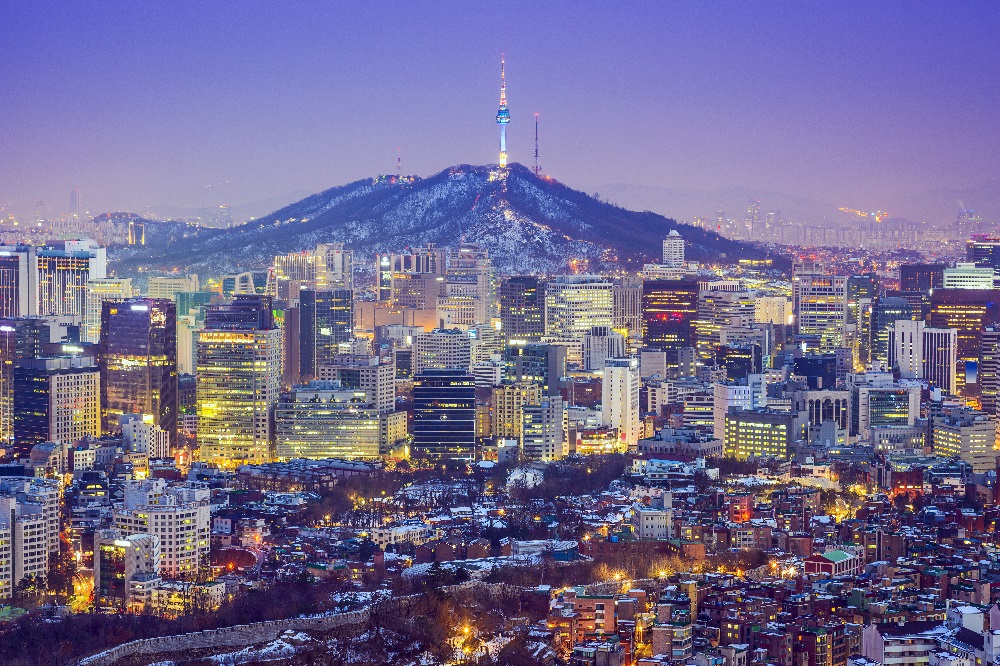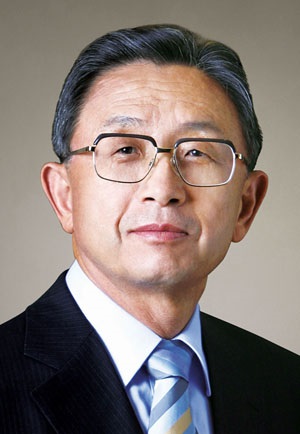Veteran Korean real estate investor sees growth in Seoul office building market
Feb 28, 2017 (Gmt+09:00)
2
Min read
Most Read
LG Chem to sell water filter business to Glenwood PE for $692 million


KT&G eyes overseas M&A after rejecting activist fund's offer


Mirae Asset to be named Korea Post’s core real estate fund operator


StockX in merger talks with Naver’s online reseller Kream


Meritz backs half of ex-manager’s $210 mn hedge fund



Low foreign ownership, swelling assets at South Korean institutional investors and small office space per worker all point to growth potential for the commercial real estate market in Seoul, a local real estate investor told the Korea Economic Daily.
The Seoul office building market, in which foreign investors represent just 8%, has been weighed down by oversupplies in the prolonged economic slowdown, with domestic pension funds and insurance companies sticking to the core, or low-risk strategy at home.

“From a short-term perspective, South Korea’s office building market is at a standstill,” “(But) it has just entered a phase of structural change, with investors focus being shifted toward prime buildings,” said Bang-joo Lee, Chairman and CEO of JR AMC Co. Ltd., a South Korean real estate investment company.
The per-employee office space in South Korea is 9 to 10 square meters, about half the space in the US and Europe. It has room to grow as companies are expected to improve their working environment, Lee added.
Foreign investors have begun employing various strategies including value-added and opportunistic strategies in the South Korean real estate market. PGIM Inc. of US Prudential Financial Inc. was known to use part of its value-add capital for the 184 billion won acquisition of an office building in Seoul late last year.
According to Cushman & Wakefield, a US real estate services firm, transactions of large office buildings in Seoul, with a floor area of over 3,300 square meters, came to 4.94 trillion won ($4.4 billion), marking the largest value in its history. They accounted for 52% of last year’s total office building transactions in the city, while the number included the sale of IFC Seoul complex to Brookfield Asset Management at 2.5 trillion won.
Lee added that South Korean pension and savings funds and insurers, which target annual returns of investment in the range between 3 and 6%, will cannot help but put part of their snowballing assets into domestic real estate assets, which would boost market liquidity.
He served as CEO of Hyundai Motor Co. and Hyundai Development Co. – Engineering & Construction for a decade. In 2008, he established JR AMC, together with his younger brother and a South Korean private equity fund owner Min-joo Lee and another local investor.
By Daehun Kim
daepun@hankyung.com
Yeonhee Kim edited this article
More to Read
-
 Real estateMirae Asset to be named Korea Post’s core real estate fund operator
Real estateMirae Asset to be named Korea Post’s core real estate fund operatorApr 29, 2025 (Gmt+09:00)
-
 Asset managementMirae Asset bets on China as Korean investors’ US focus draws concern
Asset managementMirae Asset bets on China as Korean investors’ US focus draws concernApr 27, 2025 (Gmt+09:00)
-
 Alternative investmentsMeritz backs half of ex-manager’s $210 mn hedge fund
Alternative investmentsMeritz backs half of ex-manager’s $210 mn hedge fundApr 23, 2025 (Gmt+09:00)
-
 Real estateRitz-Carlton to return to Seoul, tapped by IGIS Asset for landmark project
Real estateRitz-Carlton to return to Seoul, tapped by IGIS Asset for landmark projectApr 22, 2025 (Gmt+09:00)
-
 Real estateS.Korean gaming giant Netmarble eyes headquarters building sale
Real estateS.Korean gaming giant Netmarble eyes headquarters building saleApr 18, 2025 (Gmt+09:00)
Comment 0
LOG IN


